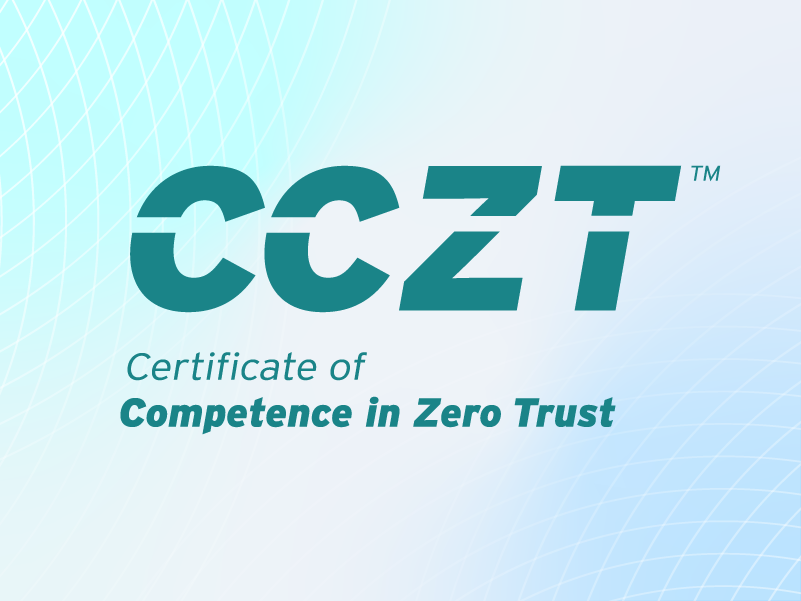Securing the Future of HPC: Implementing Zero Trust and Strengthening Network Security
Published 08/23/2024
Written by CSA's High Performance Computing Working Group.
High-Performance Computing (HPC) systems are pivotal in driving scientific research and innovation, offering computational power that exceeds conventional computing architectures. However, the complexity and scale of these systems introduces unique security challenges that must be addressed to protect sensitive data and maintain research integrity. As HPC environments continue to evolve and become more attractive targets to threat actors, integrating security measures is becoming even more essential.
Advanced security strategies such as Zero Trust and enhanced network security help protect the valuable data stored within HPC environments, while also ensuring the success of scientific research in an increasingly hostile cyber landscape.
“Never Trust, Always Verify” with Zero Trust
Zero Trust requires every user, device, and application to authenticate and validate before accessing resources. In HPC environments, adopting a Zero Trust approach addresses security issues related to research integrity by minimizing the attack surface, reducing lateral movement risks, and enhancing overall security.
Key Strategies for Zero Trust:
- Adopt the NIST Zero Trust Architecture (ZTA) framework: Enforce continuous verification, strict access controls, and the principle of least privilege.
- Implement micro-segmentation: Divide the network into isolated segments to limit lateral movement and contain potential threats.
- Enforce multi-factor authentication (MFA): Add an extra layer of security beyond passwords to ensure only authorized individuals gain access.
- Use continuous monitoring and real-time threat detection: Quickly identify and respond to suspicious activities or anomalies.
- Apply encryption for data in transit and at rest: Protect sensitive information from unauthorized access.
For additional Zero Trust strategies in HPC, explore the full document here.
Network Segmentation and Security Zones
Network segmentation is a key cybersecurity strategy in HPC environments, dividing the enterprise network into distinct security zones to isolate critical components and protect sensitive data. By segmenting the HPC system into zones such as Access, Data Storage, and Compute, unauthorized access is restricted, and the impact of potential breaches is minimized. This approach not only strengthens security but can improve network performance by reducing noise and enhancing network throughput
Key Strategies for Network Security:
- Implement security zones: Divide areas of the network into distinct segments that implement specific security controls, access policies, and trust boundaries to isolate resources, enforce access control, protect data, and reduce risk.
- Control communication channels: Facilitate secure data exchange between different security zones, adhering to access control policies, implementing network segmentation, enforcing security measures, and continuously monitoring and auditing to prevent unauthorized access.
- Assign trust levels to each security zone: Define the required degree of security and access control, influencing data classification, security measures, and communication boundaries between zones, ensuring that more sensitive data and critical operations are protected with stricter controls.
For additional network security strategies in HPC, explore the full document here.
Conclusion
As High-Performance Computing (HPC) systems continue to advance, integrating robust security strategies like Zero Trust and network segmentation is essential to protect sensitive data and maintain the integrity of scientific research. By adopting these approaches, organizations can effectively mitigate risks and ensure the continued success of their HPC environments in an increasingly challenging cybersecurity landscape.
To learn more about enhancing security in HPC environments, explore CSA's Strengthening Research Integrity with High-Performance Computing (HPC) Security publication.
Related Resources



Unlock Cloud Security Insights
Subscribe to our newsletter for the latest expert trends and updates
Related Articles:
OpenClaw Threat Model: MAESTRO Framework Analysis
Published: 02/20/2026
Why Zero Trust Needs to Start at the Session Layer
Published: 02/19/2026
Token Sprawl in the Age of AI
Published: 02/18/2026
Breaking Down the SOC 2 Trust Services Criteria: Privacy
Published: 02/18/2026






